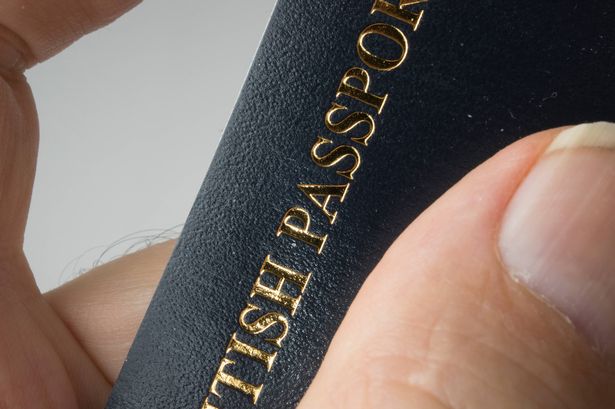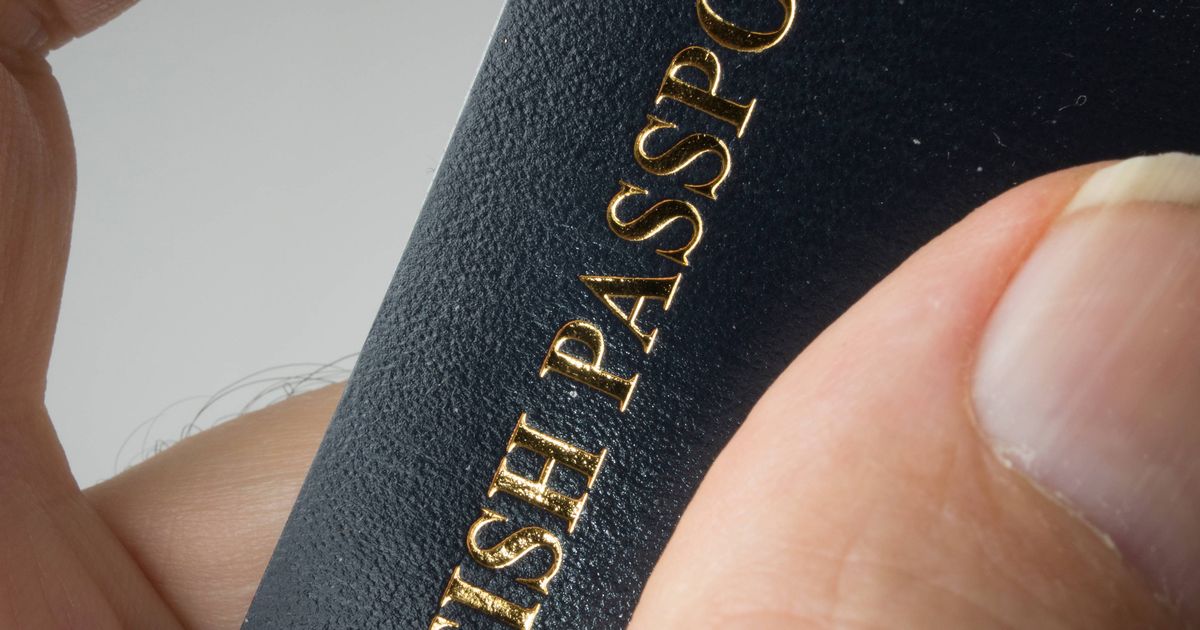Falling foul of the entry requirements could mean a ruined holiday
Sophie Buchan Money and Lifestyle Writer
07:00, 26 Jul 2025
 Have you got the new blue passport yet?(Image: Kypros via Getty Images)
Have you got the new blue passport yet?(Image: Kypros via Getty Images)
If you are heading on holiday soon – or travelling for business – you will need to sure you can legally travel to one of 29 countries. Whilst UK passport holders may have a passport to hand, it may not be suitable, even if you think it is.
When checking countries for the latest travel info, the Foreign Office directs people to the site, Your Europe, if you’re travelling to the Schengen area. So, what exactly is the Schengen Area?
Hailed a key moment in the integration of Europe, it all started in 1985 when five European countries signed an agreement to gradually remove border controls between them. As more nations joined, the Schengen Area grew, reinforcing the freedom of movement across Europe. Today, the benefits enable Europeans to live, work, study, or retire anywhere in the EU, while also offering tourists and businesses the benefits of easier travel.
 Where are you set to fly to?(Image: Getty)
Where are you set to fly to?(Image: Getty)
The EU enforces a consistent set of visa rules for short stays, up to 90 days within a 180-day period, and for transit through international airport zones in the Schengen Area. These rules apply in 29 European countries, 25 of which are in the EU, as well as four non EU-countries.
These include:
- Austria
- Belgium
- Bulgaria
- Croatia
- Czechia
- Denmark
- Estonia
- Finland
- France
- Germany
- Greece
- Hungary
- Italy
- Latvia
- Lithuania
- Luxembourg
- Malta
- Netherlands
- Poland
- Portugal
- Romania
- Slovakia
- Slovenia
- Spain
- Sweden
- Iceland
- Liechtenstein
- Norway
- Switzerland
EU visa rules do not apply in Cyprus and Ireland. You can check the embassy / consulate for more information on entry requirements and how to apply for a visa for one of these countries.
If you have a valid visa or residence permit issued by one of the Schengen area countries, you may also use it for travel to Cyprus. The travel experts further warn that “visas or residence permits issued by Cyprus are not valid for travel to countries in the Schengen area.”
You must check the specific rules that apply if you have a residence card as a family member of an EU citizen. Before travelling, ensure your passport meets the entry requirements or face being turned away:
- Your passport should be valid for at least 3 months after the date you intend to leave the EU
- and it must have been issued within the last 10 years
Your Europe explained: “This means your travel document must have been issued within the previous 10 years the day you enter the EU on condition that it is valid until the end of your stay plus an additional 3 months.”
“Children and minors must have their own passport and visa, if required. You may also have to produce other supporting documents to border officials upon arrival such as an invitation letter, proof of lodging, return or round-trip ticket. For the exact requirements contact the embassy / consulate of the EU country you are intending to visit”, they add.
If you’re not a resident of the EU and don’t meet the entry requirements outlined in the Schengen Borders Code, an EU or Schengen country may deny you entry, according to travel advisories from Your Europe.
Under these rules you must have a:
- valid travel document
- visa (if needed, except if you hold a valid residence permit or a valid long stay visa)
- justification for the purpose and specifics of your stay (including proof of sufficient financial means)
You can dispute the decision though if this happens. The experts explained: “If you have been refused entry, you have the right to appeal this decision.
“Your appeal will be handled in accordance with national law in the country where you were refused entry. However, launching an appeal does not automatically suspend the decision to refuse entry.”
